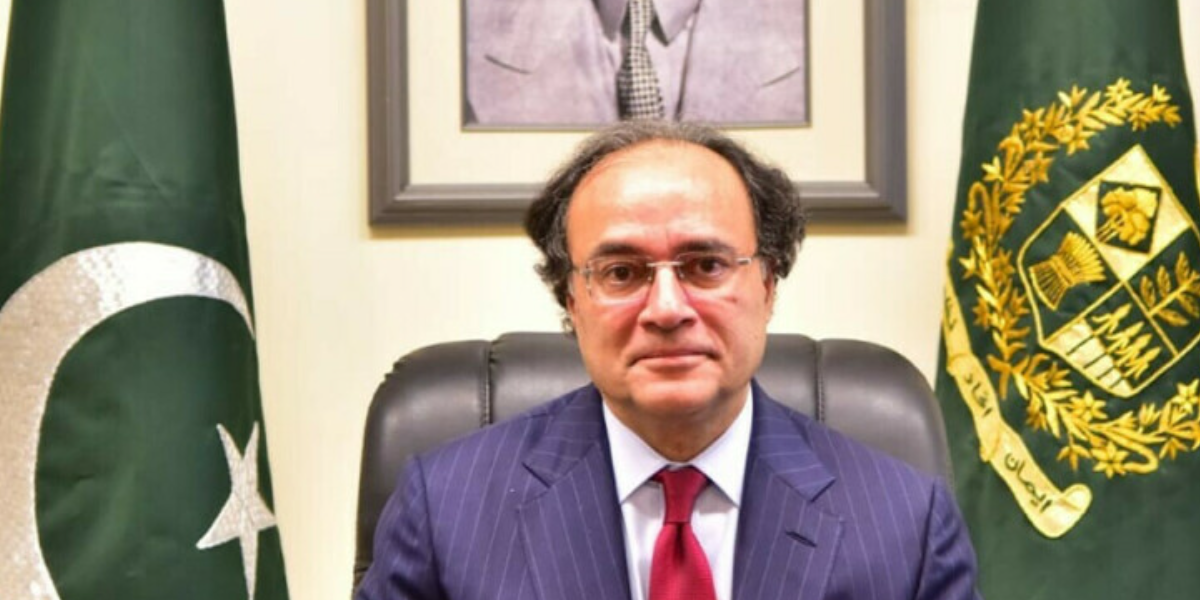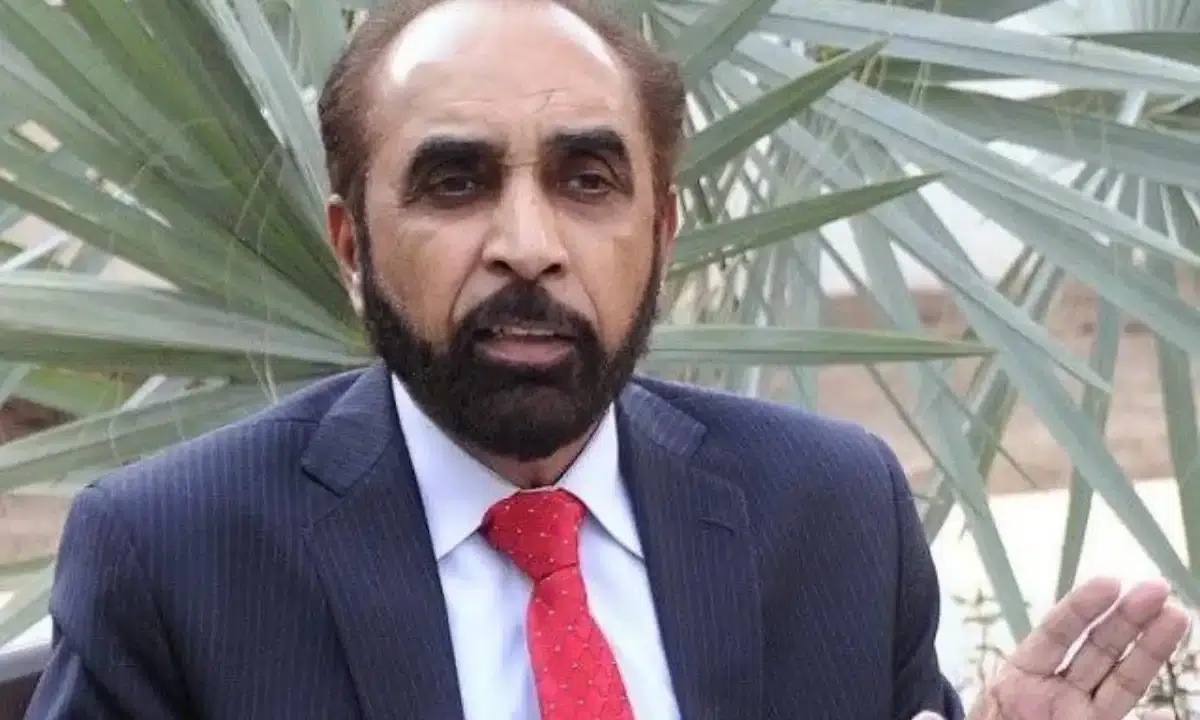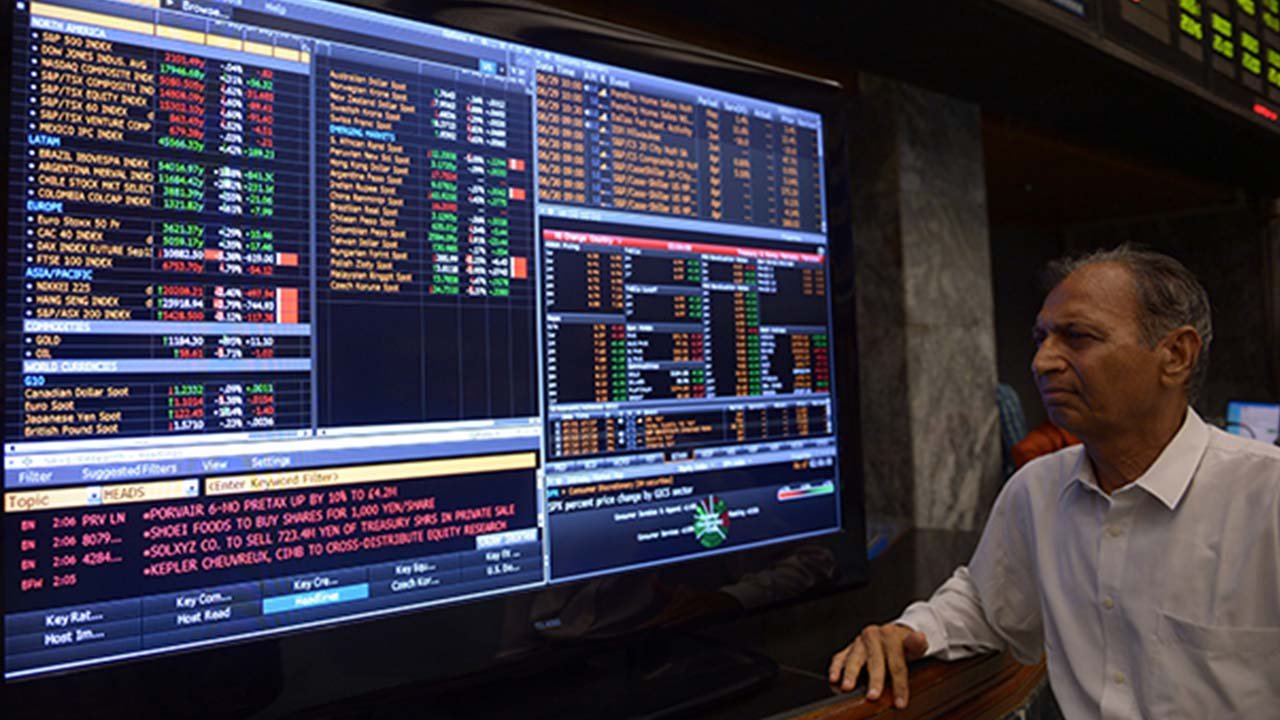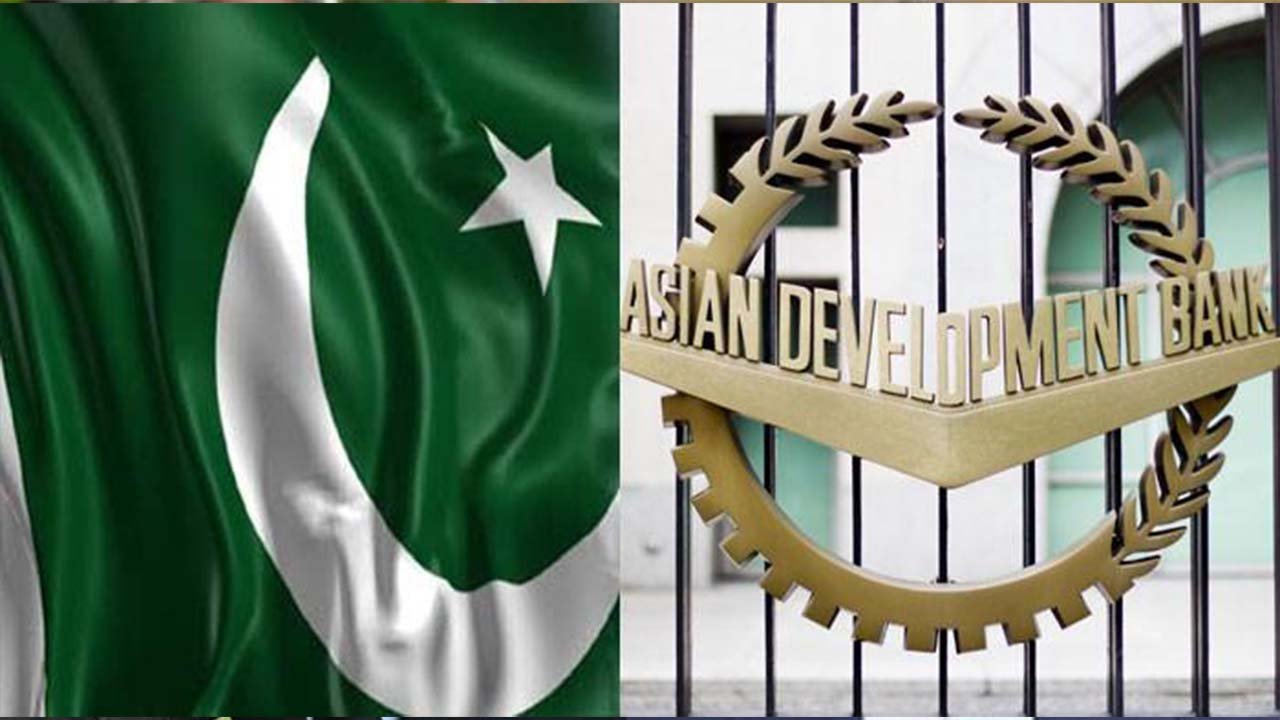Federal Finance Minister Mohammad Aurangzeb has warned that if tax revenue does not increase in the current fiscal year, the burden on the salaried class and industries may rise.
He highlighted signs of economic improvement, such as stable food prices and interest rates, though food items like pulses and chicken remain costly in Pakistan compared to global markets.
Speaking at “The Future Summit” in Karachi on “What Matters Now,” Aurangzeb noted that government-led economic reforms and tax base expansion are underway, with the Federal Board of Revenue (FBR) advancing towards full digitalisation.
He urged the private sector to refrain from bribery under “speed money” and facilitation, highlighting the government’s commitment to sustainable reforms.
Former State Bank Governor Reza Baqir, Pakistan Stock Exchange Chairperson Dr. Shamshad Akhtar, and other notable leaders also addressed the summit, highlighting the importance of continued economic reforms.
Economic indicators show a positive trend
Aurangzeb mentioned the government’s focus on stabilising the economy and reducing inflation, crediting an uptick in remittances, exchange rate stability, and improved foreign exchange reserves for the reduction in Pakistan’s current account deficit. The State Bank of Pakistan has also eased its monetary policy in response to these favorable indicators.
Global credit rating agencies have acknowledged Pakistan’s economic progress, with a noted improvement in the country’s rating. Aurangzeb stated that private enterprise, not the government, should drive business growth and productivity.
Read More: Relief for electricity consumers as Nepra reduces power tariff
Tackling food prices and market distortion
Addressing food inflation, Aurangzeb revealed that the Economic Coordination Committee (ECC) is investigating the steep price hikes in pulses and chicken despite lower international commodity and fuel prices. The ministry, in coordination with Minister for Planning Ahsan Iqbal, is working on price stability measures.
The minister praised Punjab’s decision to set a fixed wheat support price, urging other provinces to follow suit to curb wheat and sugar market manipulation. He also highlighted the challenge of food security, with 40 per cent of Pakistani children facing malnutrition, stressing the need for proactive measures.

















